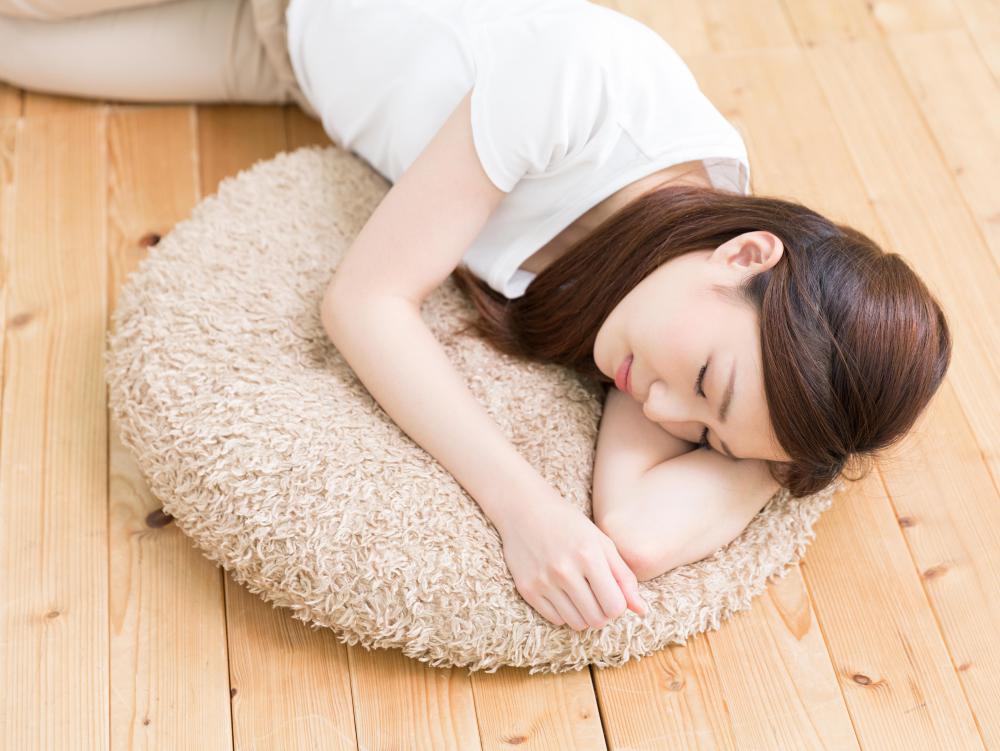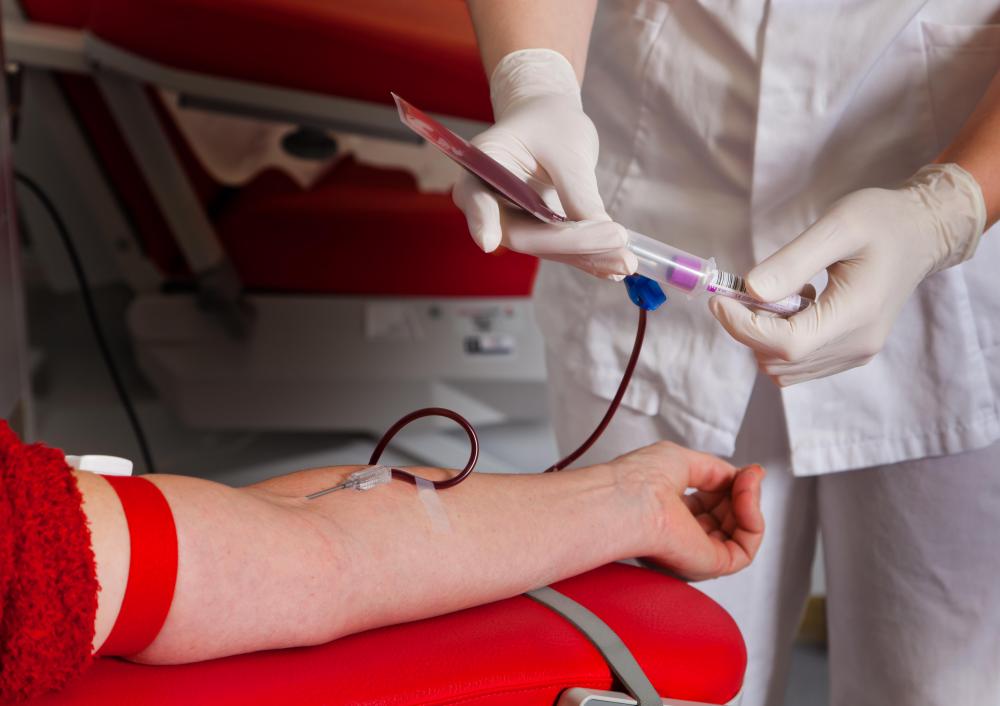At WiseGEEK, we're committed to delivering accurate, trustworthy information. Our expert-authored content is rigorously fact-checked and sourced from credible authorities. Discover how we uphold the highest standards in providing you with reliable knowledge.
What is Needle Phobia?
Needle phobia, also called trypanophobia, is an aggressive fear of receiving injections from medical needles. The term is not usually used to describe a fear of non-medical needles, such as sewing needles and machinery needles. Many people experience mild needle phobia when receiving injections but do not avoid medical establishments owing to this fear. Treatment for this phobia is only necessary when fear prevents a person from seeking medical attention or engaging in daily activities.
Many people who are afraid of needles are also afraid of doctors. This is because this kind of fear is often related to traumatic experiences involving medical procedures, either experienced or seen. The experience of the entire unpleasant procedure becomes psychologically linked to the symbol of the needle, and great amounts of irrational fear are stirred up whenever this object is seen.

Some people suffering from this fear have panic reactions when confronted with the necessity of getting an injection. Others faint at the sight of a needle. The exact reaction a person experiences when confronted with his or her fear varies, and the person may not be able to control it. It is important to notify medical personnel of severe needle phobia so that preventative measures may be taken or extra staff can be kept on hand.

Fainting is one of the most common problems with this phobia. Some people who faint when receiving injections do not fear the needle, but rather fear fainting. These people then learn to fear receiving any kind of injection because of the likely reaction.
Treatment for this fear is similar to most other phobias. Relaxation techniques can be used, but these are often not recommended because they encourage fainting. Most medical professionals can give injections quickly, so simply having the self-control to sit through the procedure may be enough.

Severe fear of needles often surfaces unexpectedly in actual medical contexts where an injection is necessary. In these cases, laughing gas or other substances can often be used to make the patient less anxious about the procedure. Children, who often fear the pain of an injection rather than the injection itself, can be calmed by the use of topical pain relief because this completely removes the source of worry. In some cases, an alternate method can be used to introduce a substance into the body, avoiding needles but often resulting in a significantly more painful procedure. Use of these methods may or may not be warranted in an individual's case, but if severe needle phobia is known to exist, it is a good idea to notify doctors immediately so that appropriate steps can be taken.
AS FEATURED ON:
AS FEATURED ON:















Discussion Comments
As a child, I was terrified of all types of needles. However, I was able to overcome my phobia by talking to the medical person giving the shot about my fear.
Most nurses will use a smaller needle and make it quick if they are aware of your phobia. I find that smaller needles are less painful that larger needles.
Post your comments